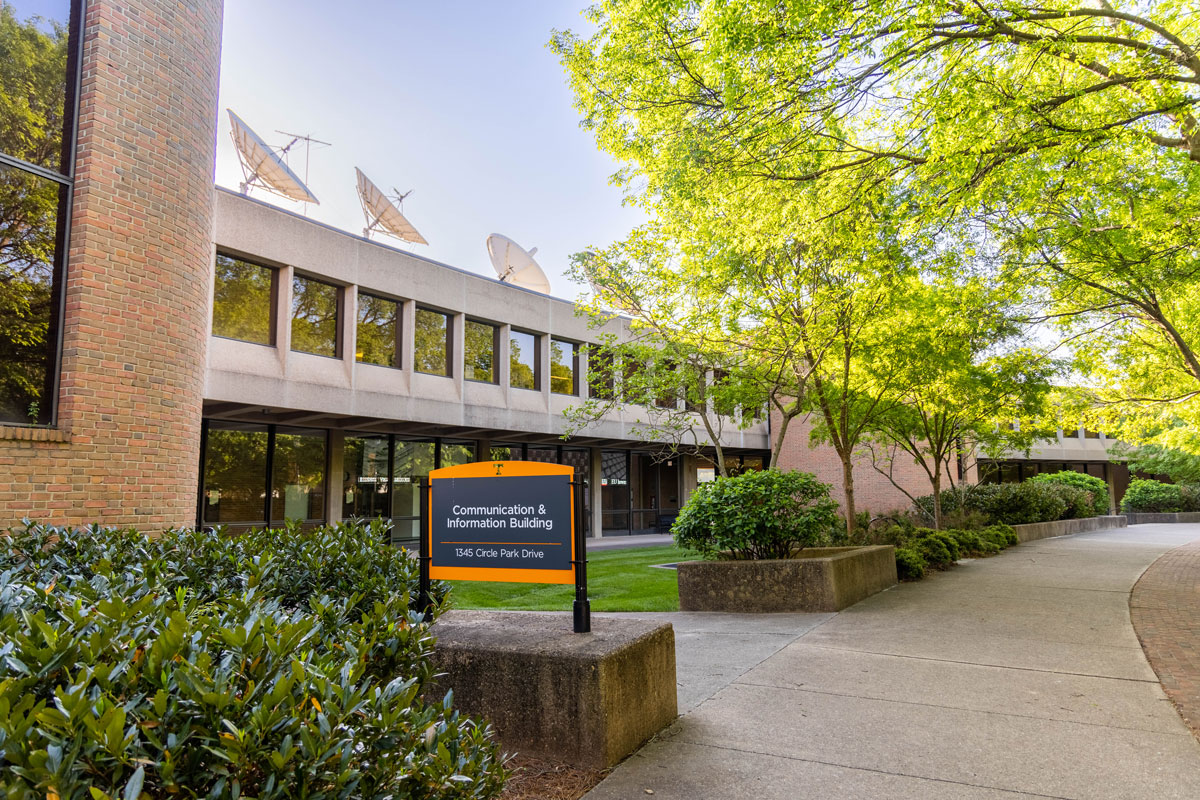
The School of Information Sciences
From celebrating our 50th anniversary of our American Library Association-accreditation of our Master of Science in Information Sciences program, to founding the new undergraduate program in 2019, SIS is on the forefront of the ever-growing and evolving field of information sciences.